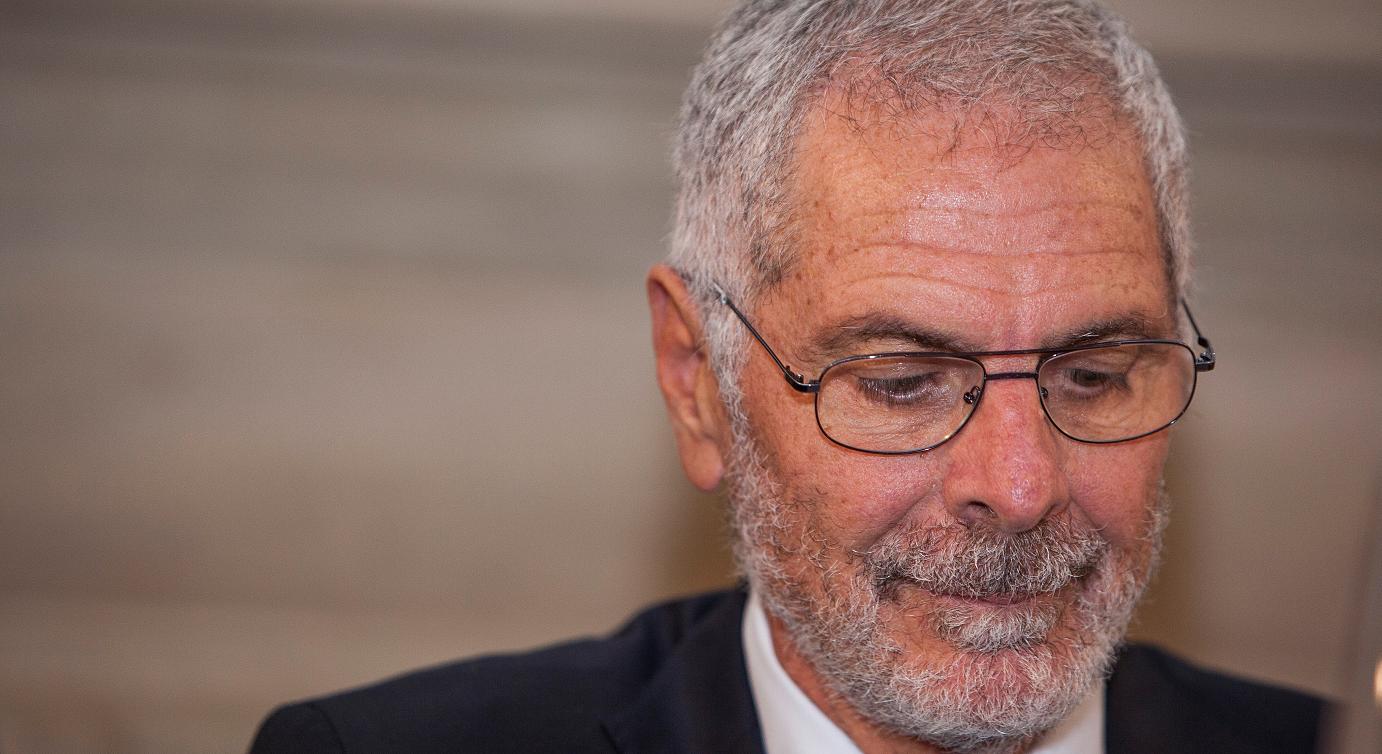
Dialogue with Paolo Pandozy, CEO of Engineering
24 September 2015Established in 1980 in Padua, Engineering is the first Italian group active in the IT services and software sector. Today, they call it a pocket-size multinational. We talked about the history of this company with its CEO, Mr. Pandozy, who took part in the round table entitled “The regional digital agenda and the FIWARE standard” organized at BBS.
What were the features that characterised this all-Italian entrepreneurial adventure?
In the first place, the stability and cohesion of the original group: our management has grown internally, therefore it’s bound by a strong corporate identity. Ours is a company that has sound incorporation principles, and coexistence rules based on mutual trust and delegation, at every level. This was the original spirit, which we tried to maintain, even when we acquired branches of Italian, French and German multinationals, and we had to come to terms with different cultures and logics, and with an approach that more than trust and delegation, was based on hierarchical controls. Engineering, on the contrary, is a much leaner multinational than many others, precisely because instead of using controls, we operate thanks to a strong link among the managers, who have known each other and have been working together for several years.
You have over 40 offices in Italy, Belgium, Republic of Serbia, Norway, South America (Brazil and Argentina) and the U.S. Your expansion plans are focused on which markets?
Italy accounts for 90% of our turnover, and we can grown even more: in a period of crisis such as the current one, very interesting opportunities arise, and a company like ours can certainly take them. Nonetheless, from a strategic point of view, we work in order to grow abroad. It’s an additional challenge: entering new markets means making acquisitions to include local resources, speaking the language and knowing the local processes. This is more complex abroad than in Italy, where we can capitalise on the leverage of a very strong presence to develop synergies, integrations and optimizations.
Digital Agenda: what is the level achieved in Italy? Which are the main issues?
The digital agenda is a great opportunity to bridge that formidable gap we have in Italy as for the adoption of things digital, in particular within the public administration. Despite this, my feeling is there’s a governance problem: the Agency for the digital agenda defines guidelines, large projects (the so-called anagrafe unica – general civil registry -, the electronic invoicing, the healthcare history) but it has no executive powers. And so it may occur that the country follows logics that are completely different from the ones defined in the guidelines. Therefore, I believe the agency should have stronger powers: not simply the power to outline strategies but also the possibility to implement projects, and consistent sourcing policies on the market.
The EU has a significant focus on the Fiware platform. Could you explain the relevance it has and the applications that might emerge?
Fiware is mainly a unifying standard, it provides the “blocks” on which to build the European digital agenda. Europe has invested extensively. Businesses use these “blocks” to implement solutions that may be linked one another or used independently. For instance, an ‘object’ developed for a town is interoperable at a European level, and most of all, can be integrated with other objects that used that very platform. This is perfectly consistent with the European digital single market, the other EU priority, so that Europe could be independent in terms of IT and also homogeneous, so that everyone can use the same components. The possible applications for such platform are manifold: they go from the internet of things to healthcare, from transports to social issues.
What is the contribution that your company is providing to the development of this platform?
Initially, Engineering contributed to financing the initiative both from the economic point of view and also developing the Fiware components with the other European partners. And now, our contribution, together with other important European partners, is to make this platform live, and provide technical support to those using it.
What is the profile that managers should have within your company?
They need to recognise themselves in those principles I mentioned at the beginning. The consensus of the team one is part of is fundamental. They need to be able to manage the company setting the example: managers that just lead, though good at it, wouldn’t be in the right place with us. They need to be able to set challenges for themselves, day after day, being subjected to the most important judgement, which is not the boss’, but the judgement of those reporting to them.
What would be your suggestion to a student who’d like to work in this industry?
My suggestion is studying, investing a lot in the training stage and looking ahead. I believe that nowadays, a student who gets a degree from a good university and with good grades can choose their job, even in Italy. When selecting the first place where to start working, it’s better not to look just at the cover, it’s important to look inside, at what are the corporate values, what this company can offer them, but mostly what they can give the company.
Would you like to read more Dialogues with BBS Community lecturers? Please click here.
